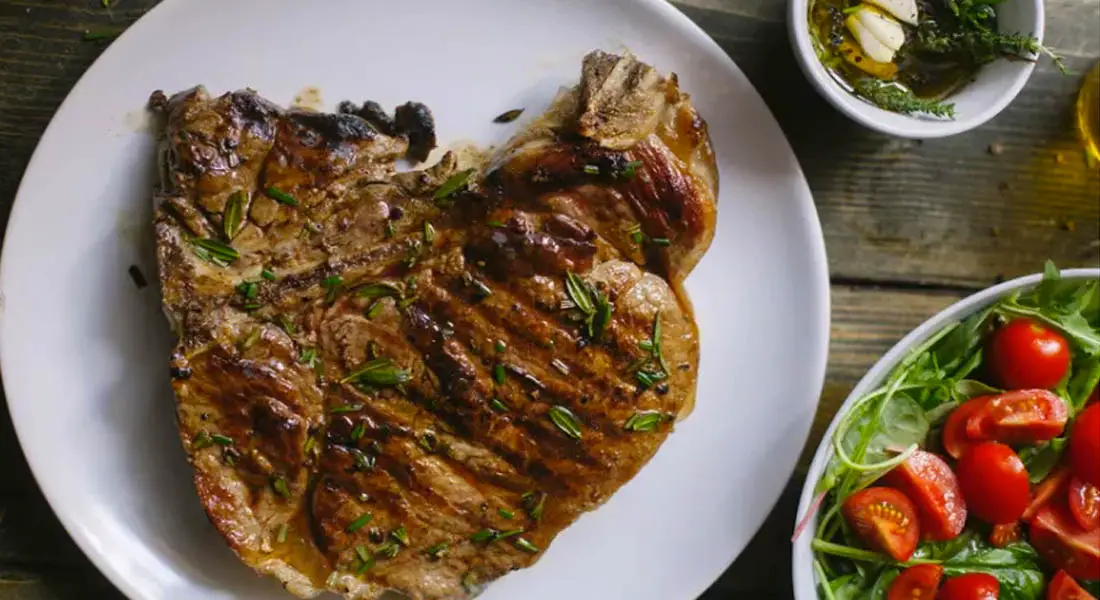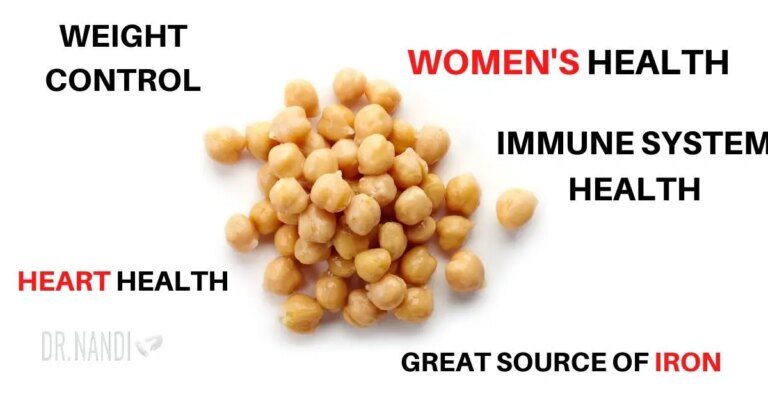I may be a staunch vegan, but when I say some of my best friends are Paleo, I’m not kidding. Dave Asprey, the creator of the Bulletproof Diet, is a friend, and he has interviewed me on his podcast, which isn’t entirely Paleo. Dr. KellyAnn Petrucci, the Queen of Bone Broth, is a great ally. Even one of my children has benefited from a diet best described as Paleolithic, and I’ve contributed positive thoughts on some aspects of the Paleo diet.
Advising dietary patterns to the public requires intellectual and academic honesty, as the topic is complex and prone to emotion. As I regularly read and listen to materials labeled Paleo, I repeatedly encounter statements presented as fact but in error. Some of these Paleo diet myths are addressed here.
1. Eskimos Eat a High-Fat Diet and Have Little Heart Disease
Eskimos are given as an example to prove the wisdom of high-fat, animal-based diets. Research by Bang and Dyerberg in the 1970s characterized the Eskimo diet but did not investigate the frequency of heart disease. A recent analysis in a respected medical journal reported that heart disease was as frequent in Eskimos as in Caucasians. Furthermore, the lifespan of the Inuit population is about a decade shorter than the rest of Canada.
2. Masai Eat a Diet High in Animal Products and Have Healthy Hearts
Much has been written about this group of East African natives who may eat predominantly animal foods for a period of their lives. There are very little peer-reviewed data on the subject of their heart health. In one autopsy study, the status of the hearts and arteries of the Masai showed “atherosclerosis which equaled that of old U.S. men.” The increased physical activity of the Masai compared to Western civilizations, not diet, was credited with promoting health. Furthermore, the average life expectancy of the Masai appears to be under 50 years, again raising the issue of whether their lifestyle is relevant to our health goals.

3. Dr. Ancel Keys Hid Critical Data From the Seven Countries Study
I repeatedly read smart people who completely botch the truth on this topic, and I have to conclude they haven’t researched it. The Seven Countries Study was begun in 1958 to investigate relations between diet and health in 16 communities in seven countries. The investigators, including Professor Keys of the University of Minnesota, published their first results in 1970.
I’ve written on this topic before. Dr. Keys did present a paper in 1955, before the Seven Countries Study, offering a hypothesis that dietary fats and heart disease were related. He used a government database (FAO) and chose six out of 22 countries he judged had reliable data. When critics plugged in the data from all available countries, they confirmed Keys’ observations, even indicating that animal fat is related to heart deaths. These correlations prompted the study. It’s time for authors to let Dr. Keys, who passed away at age 100 as a revered scientist, rest in peace.
4. The Data for the Paleo Diet and Heart Health Is Robust
Whole books have been written on the Paleo diet and heart health. When I lecture on heart health, I draw from nutrition studies such as the Adventist Health Study of nearly 100,000 participants, the EPIC-Heart trials with more than 500,000 subjects, and other large collections of observations.
Even the original study by Dr. Dean Ornish on reversing heart disease with low-fat, plant-based diets in 48 patients was expanded to nearly 3,000 subjects, leading to Medicare approval. The National Library of Medicine search for vegan diets in humans finds almost 3,000 studies, while fewer than 100 for a similar investigation of Paleo diets. The scientific proof of concept for heart-healthy Paleo diets is drawn from very small, short-term studies. None examine the impact of higher-fat, animal-based diets on coronary artery lesions.
5. There Are No Native Plant-Based Cultures
Paleo diet proponents commonly mention this argument. Some cultures have been reported to follow completely vegan diets, and about 10% of the millions of followers of the Seventh Day Adventist Church report they are entirely vegan.
More compelling is the data from one of the Blue Zones, the Okinawan Islands of Japan, where the greatest concentration of centenarians is found. Their traditional diet consisted of only 3% of calories from animal sources and less than 10% of calories from fat.
To argue that no native culture has been entirely plant-based, whether true or not, is as meaningful as arguing that no native culture has lived with wifi, BHT, and RoundUp. Dietary recommendations need to be made in view of current concerns over food purity and competition from inexpensive, nutrient-poor options that compete for the public’s dollars, even if these concerns didn’t exist in the past.
Paleo, vegan, Mediterranean, Dash, “Pagan” and other dietary plans share common ground. They’re all clean diets that reject hyper-processed, nutrient-poor meals that are the major source of calories in the Western diet.
There are important differences between these diets in terms of environmental damage, animal cruelty, and scientific issues regarding the amount of fat, complex carbohydrate, and protein for optimal health and longevity. Advising the public on healthy eating plans is an essential task that there’s no place for mythology.











 Subscribe to Ask Dr. Nandi YouTube Channel
Subscribe to Ask Dr. Nandi YouTube Channel









